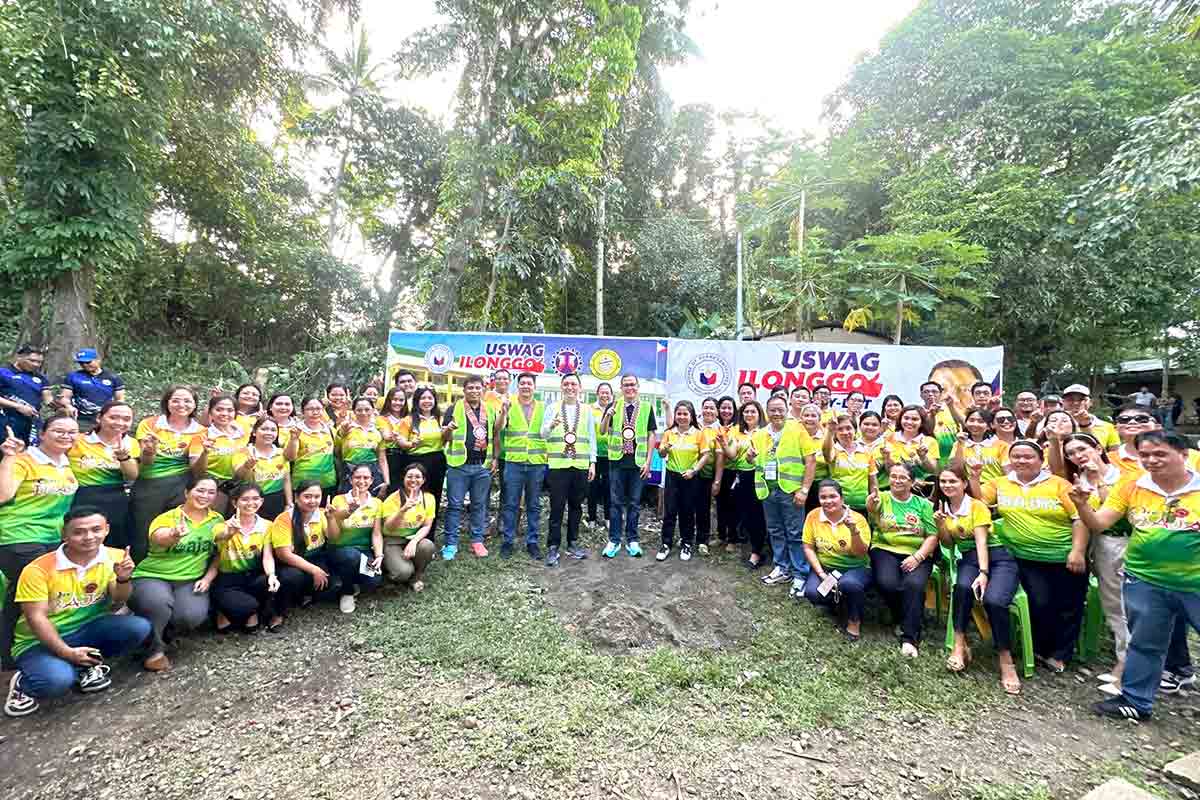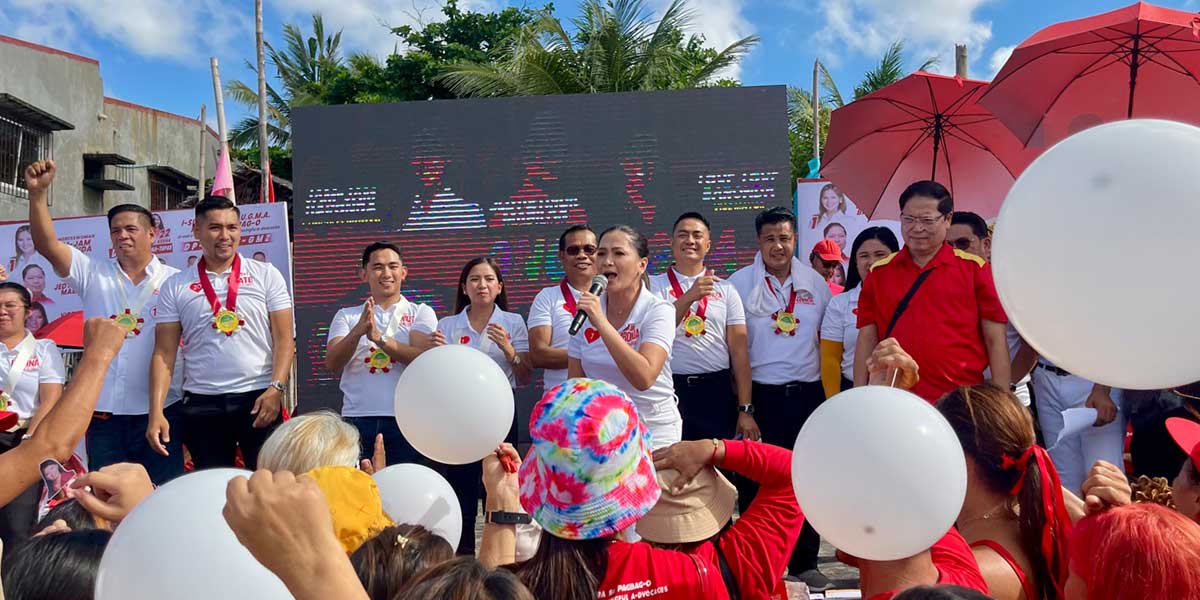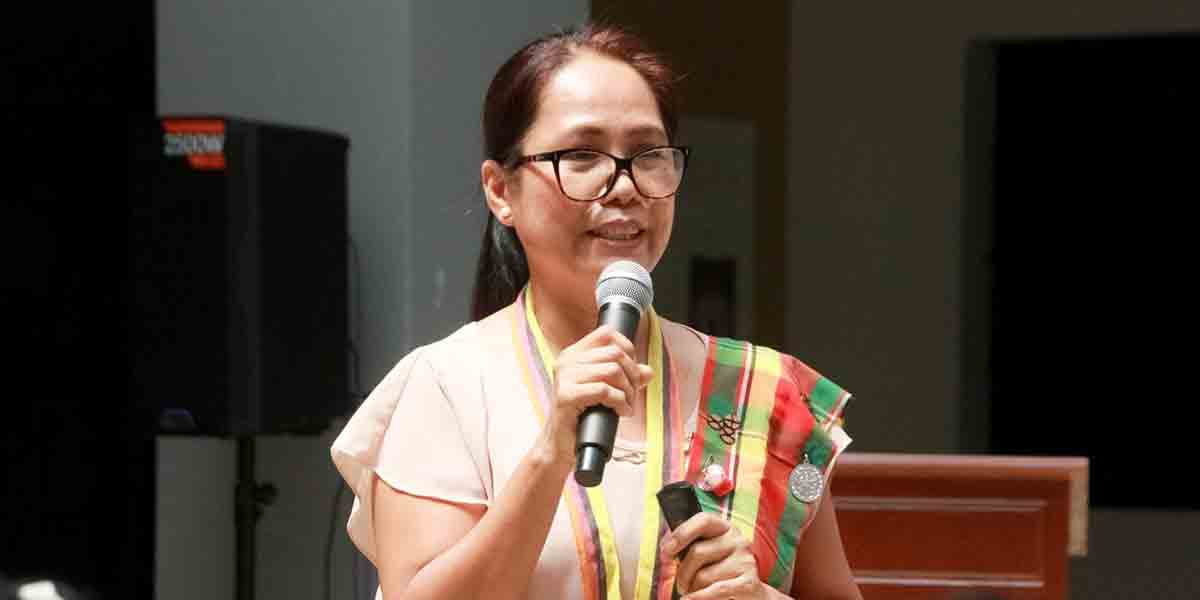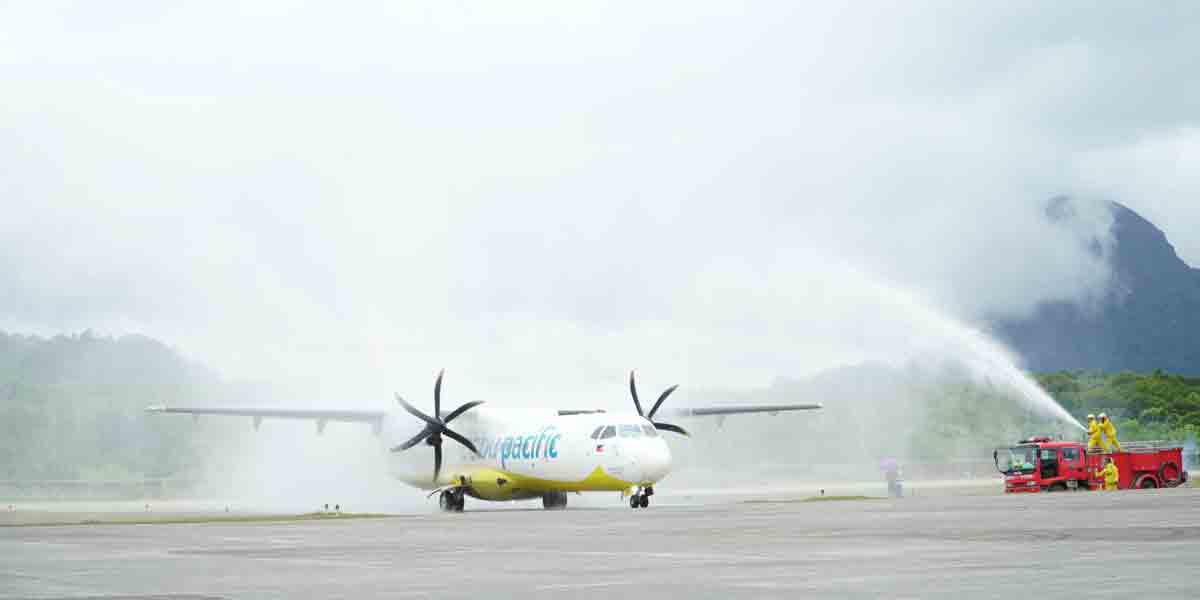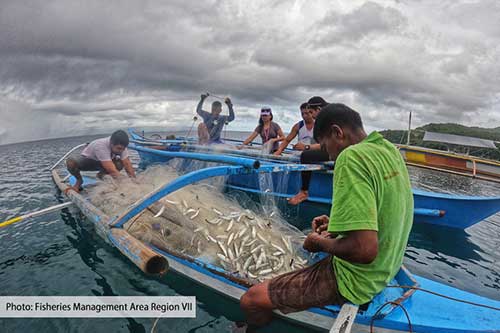
By Francis Allan L. Angelo
Illegal and unregulated fishing continues to undermine marine biodiversity and deepen social and economic disparities in Philippine coastal communities due to weak regulatory enforcement and poor fisher registration.
This was the central issue tackled during the symposium “Shaping APEC’s Blue Economy Agenda: Philippine Leadership and Visayas-Centric Innovations,” hosted by the Philippine APEC Study Center Network of the Philippine Institute for Development Studies (PIDS), in collaboration with the University of San Carlos.
In her keynote presentation, Dr. Rosalie Arcala-Hall, Executive Director of the University of the Philippines Visayas Center for Integrative and Development Studies, pointed to the growing threat posed by illegal, unreported, and unregulated (IUU) fishing practices in areas like Iloilo.
“These activities are depleting vital marine resources and threatening the livelihoods of small-scale and subsistence fishers,” Arcala-Hall said.
She explained how the competition between small commercial vessels and subsistence fishers within municipal waters is intensifying resource depletion.
This process, known as “fishing down,” drives fishers to catch younger, smaller fish such as sardines, resulting in diminishing stocks and threatening the long-term viability of local economies.
Contributing to this ecological crisis are destructive practices like blast fishing and the use of fine mesh nets, which indiscriminately capture juvenile fish and disrupt breeding cycles.
Arcala-Hall identified a key obstacle: poor enforcement of fisheries regulations due to resource constraints and the vastness of the Philippines’ maritime territory.
While enforcement agencies such as the Philippine Coast Guard, Maritime Police, and Bantay Dagat are tasked with oversight, limited manpower and equipment impair their effectiveness.
Adding to the challenge is the low registration rate among municipal and subsistence fishers, which complicates the government’s ability to track and manage fishing activities.
“Many of the subsistence or municipal fishers actually [do] not register,” Arcala-Hall said. “Only a few of them do.”
She also emphasized the social inequities entrenched in the fishing industry, especially those affecting women, youth, and marginalized groups.
While men primarily handle fishing and harvesting, women take on roles in processing and retailing fish, often without formal employment or stable income.
“They are part of the value chain, but the informal nature of their work puts them at an economic disadvantage,” she said.
Meanwhile, fishermen often rely on informal loans from traders and boat owners, creating a debt dependency that restricts their ability to sell catch at fair prices.
These financial limitations reinforce a cycle of poverty that leaves little room for transition to more sustainable practices.
To address these challenges, Arcala-Hall recommended reforms that balance enforcement with economic empowerment.
“I think the pathway really is to help small scale fishers to transition from subsistence to commercial fishing in order to realize higher values,” she said.
She proposed measures such as improved vessel registration, stricter enforcement of fishing regulations, and integrating compliance requirements into business permitting processes.
She also called for community involvement in promoting sustainable fishing methods and ensuring that legal fishing gears are used.
“We must make sure that we effect community buy-in on sustainable practices and gears,” Arcala-Hall emphasized.
Support systems for women in fish processing and social protection schemes for young male fishermen were also among her proposed interventions to ensure inclusivity in policy responses.
Ultimately, Arcala-Hall underscored that solving illegal fishing requires coordinated efforts from government agencies, coastal communities, and industry stakeholders to create an equitable and sustainable fisheries sector.
As the Philippines continues to champion the Blue Economy agenda in the Asia-Pacific Economic Cooperation (APEC), experts say that prioritizing social inclusion and environmental stewardship will be vital to achieving long-term marine sustainability and economic resilience.

